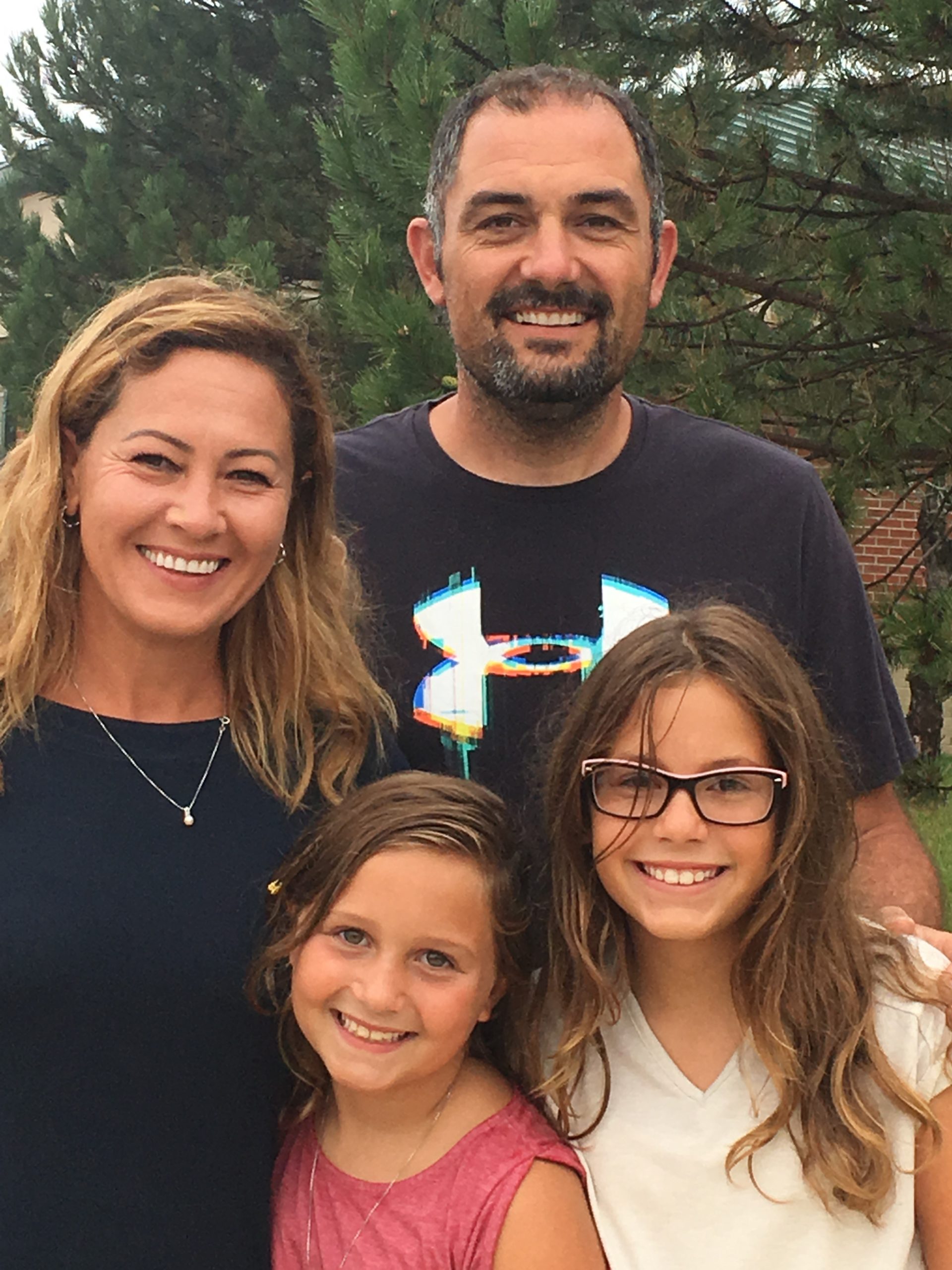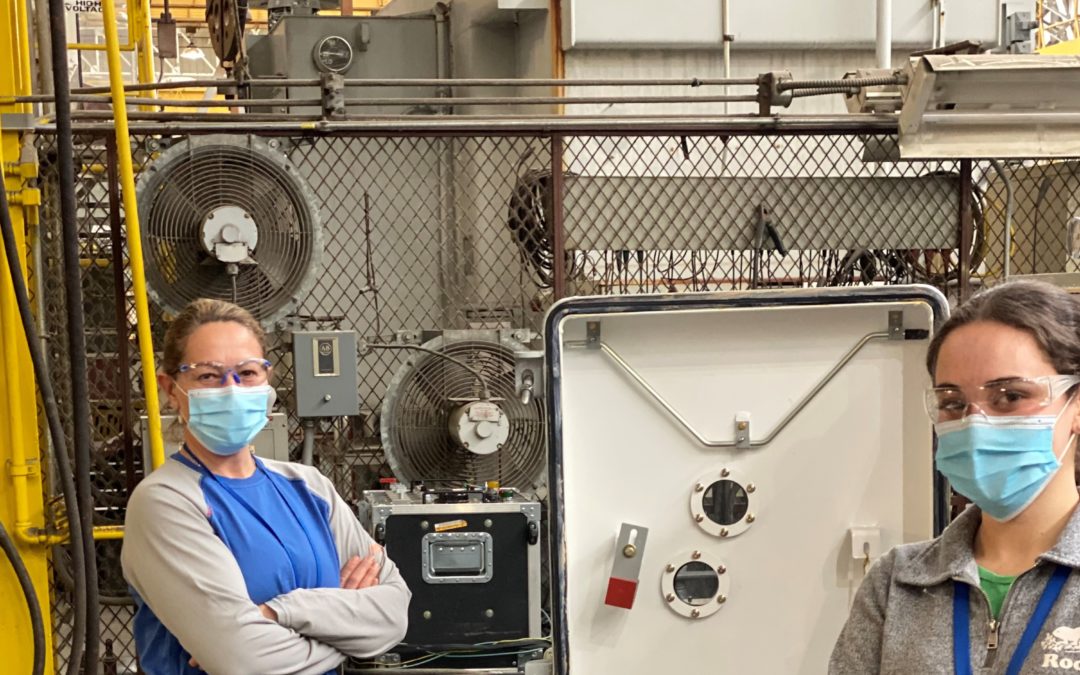When Donika Mullaademi packed her bags to flee to her sister’s home in Michigan, the intended plan was a short escape from a war happening in her native country, Kosovo. Donika would be away from the life that she was familiar with only until the war was over.
That was 1999. She never returned to Kosovo to live.
“At 19-years-old, leaving everything behind and coming to a country that you don’t know much about and don’t even speak the same language — it’s the toughest thing to do,” Donika said. “But meanwhile, the war continued back home. I was in the U.S., the land of opportunities. I tried to make the best of it.”
While waiting on the war to end, Donika began to pursue the opportunities available to her in America.
Donika knew if she wanted to thrive in the U.S., learning English was essential. She watched cartoons with her nephew and enrolled in night classes for additional help. After learning the basics of the language, Donika earned her way into the engineering program at the University of Michigan.
During Donika’s senior year, her engineering career took off through a co-op position with DTE Energy. After graduation, she began working for DTE’s Fossil Generation Engineering Support Organization (ESO). She was one of the few women on the team that provided engineering support for all power plant electrical systems.
“Being in a male-dominated field does not stop me,” she said. “I don’t let the fact that I am a female or from a different country intimidate me from going after what I want.”
The one-time war refugee has climbed the ranks in her field. She now serves as manager of Distribution Operations Field Service. Donika leads 80 field employees that support the entire electrical system.
Donika encourages other women to not be afraid because of being a minority or let lack of familiarity stop them from pursuing their desires.
“If you don’t know how to do something, be curious and spend the time to learn it. Everything can be learned,” said.
Donika also advises that constructive criticism is key. “Take the feedback. Don’t take it that someone is trying to make you look bad but that someone is trying to help you improve.”
When Donika is not with her team making sure equipment is working properly, she is balancing being a wife and mom to her 9- and 11-year-old daughters.

Donika said that working and having a family is sometimes challenging, but people can achieve work-life balance by sticking with a schedule and going with the highest priority when there is a conflict.
“For example, if something safety-related happens at work, of course I drop everything. Safety and health of my team and my family are always my top priority, so I go after that,” Donika said.
